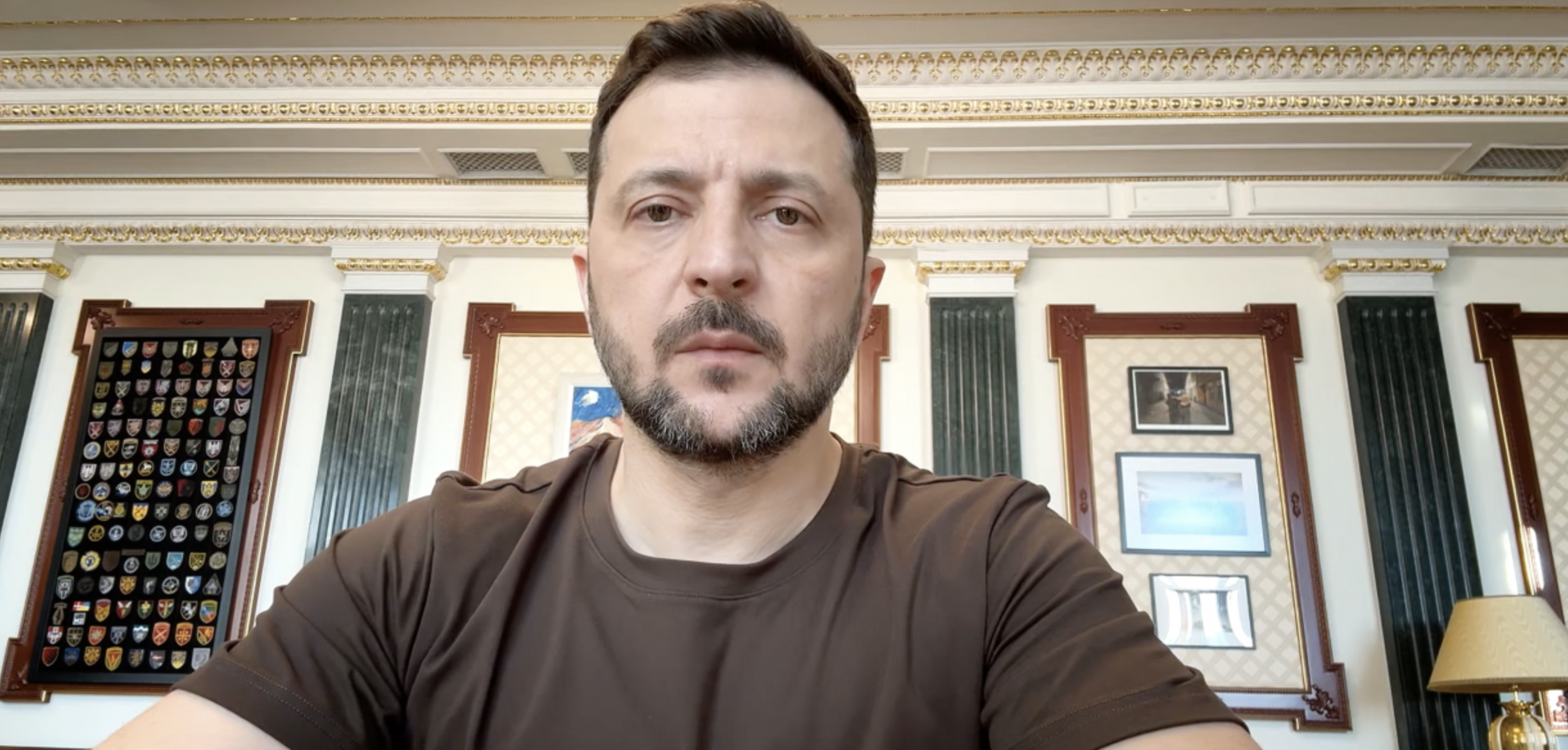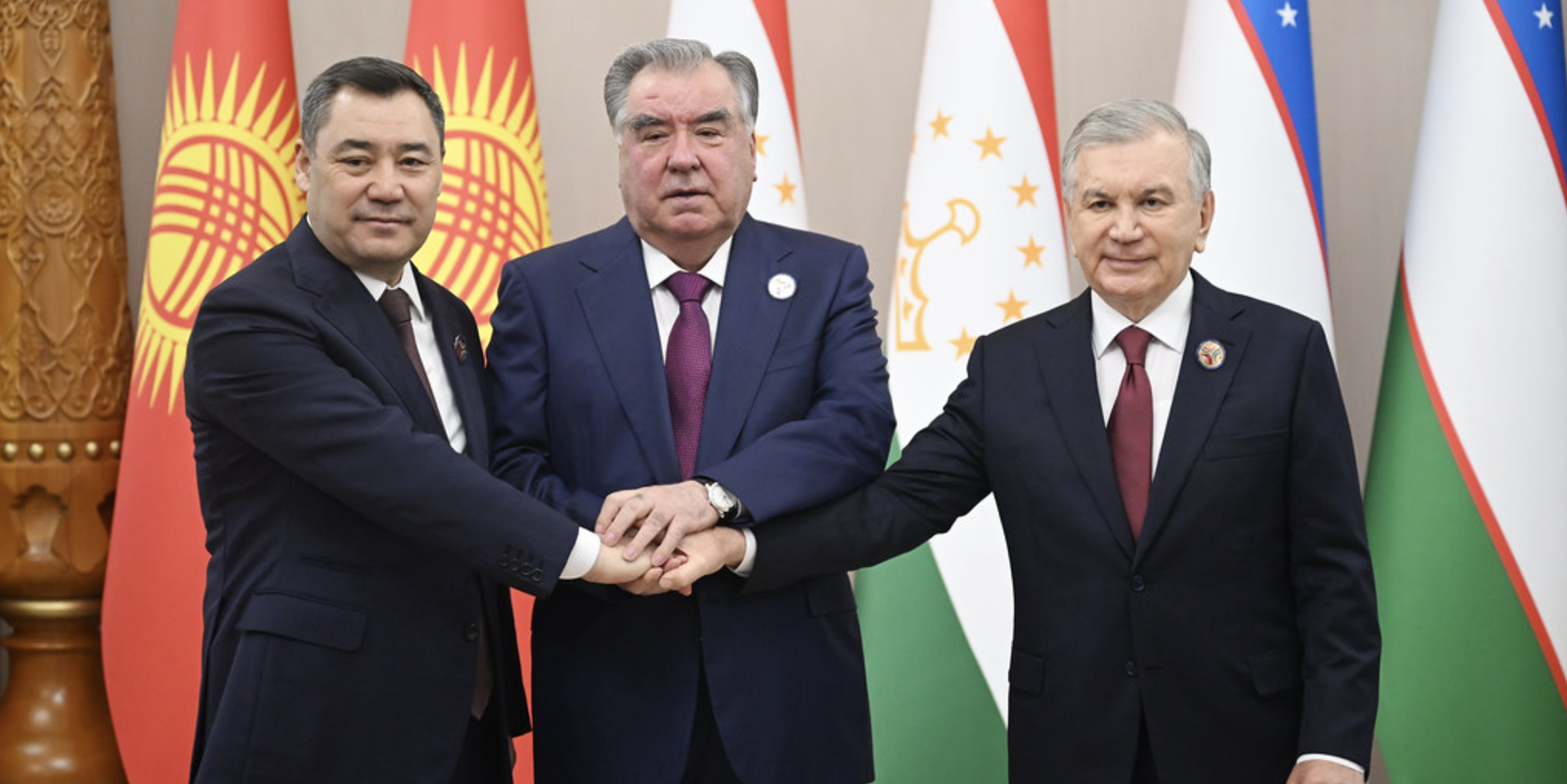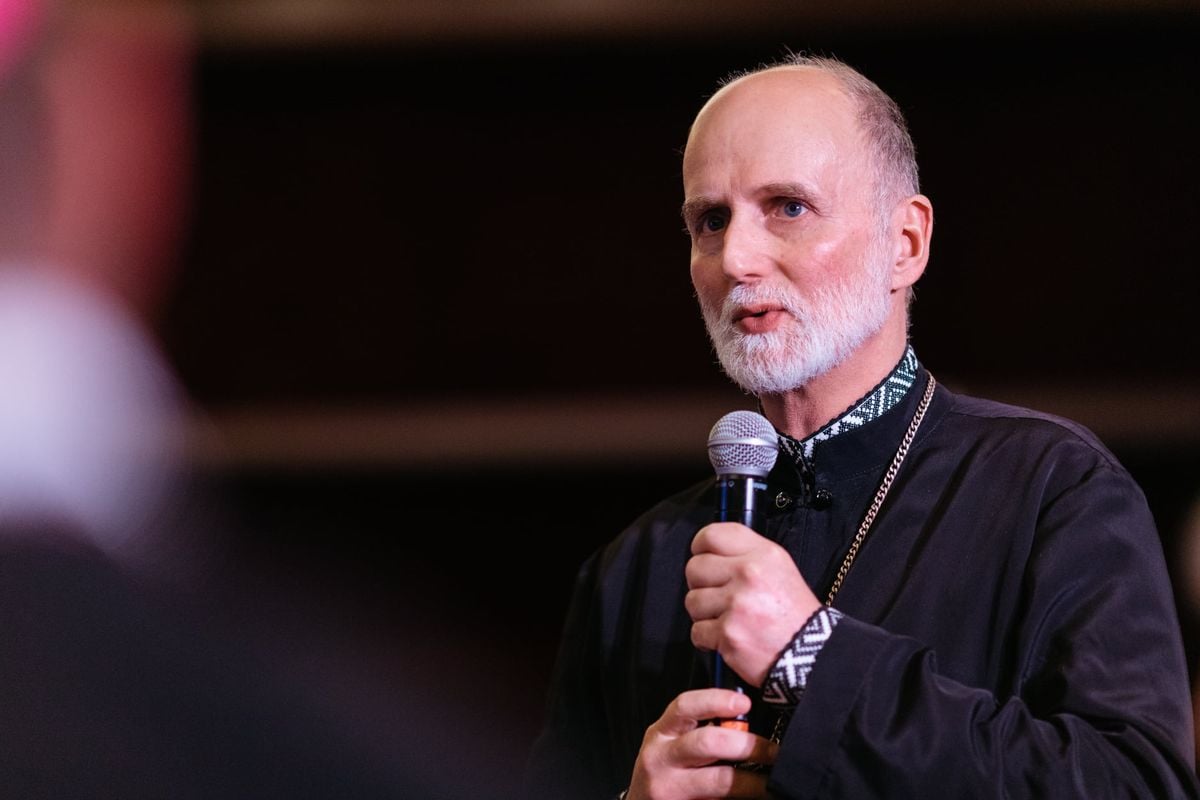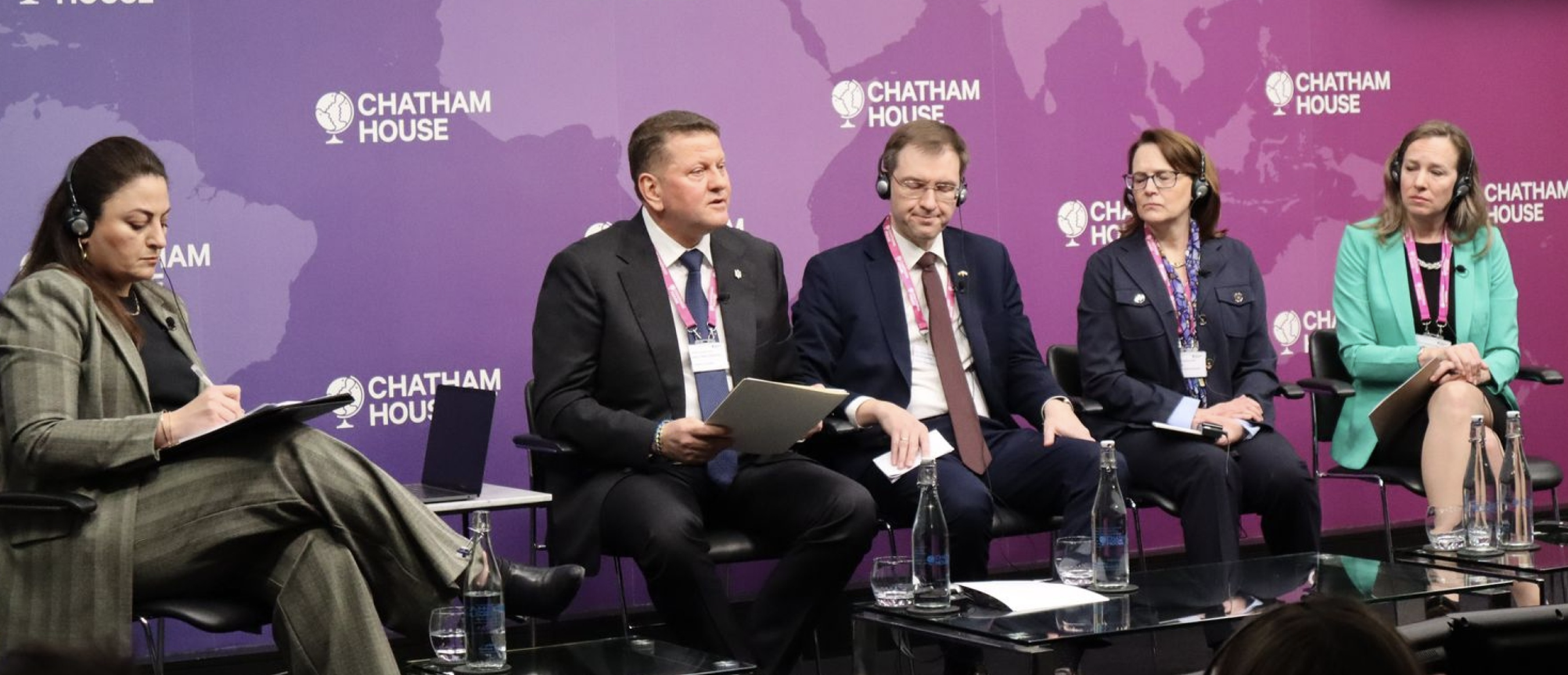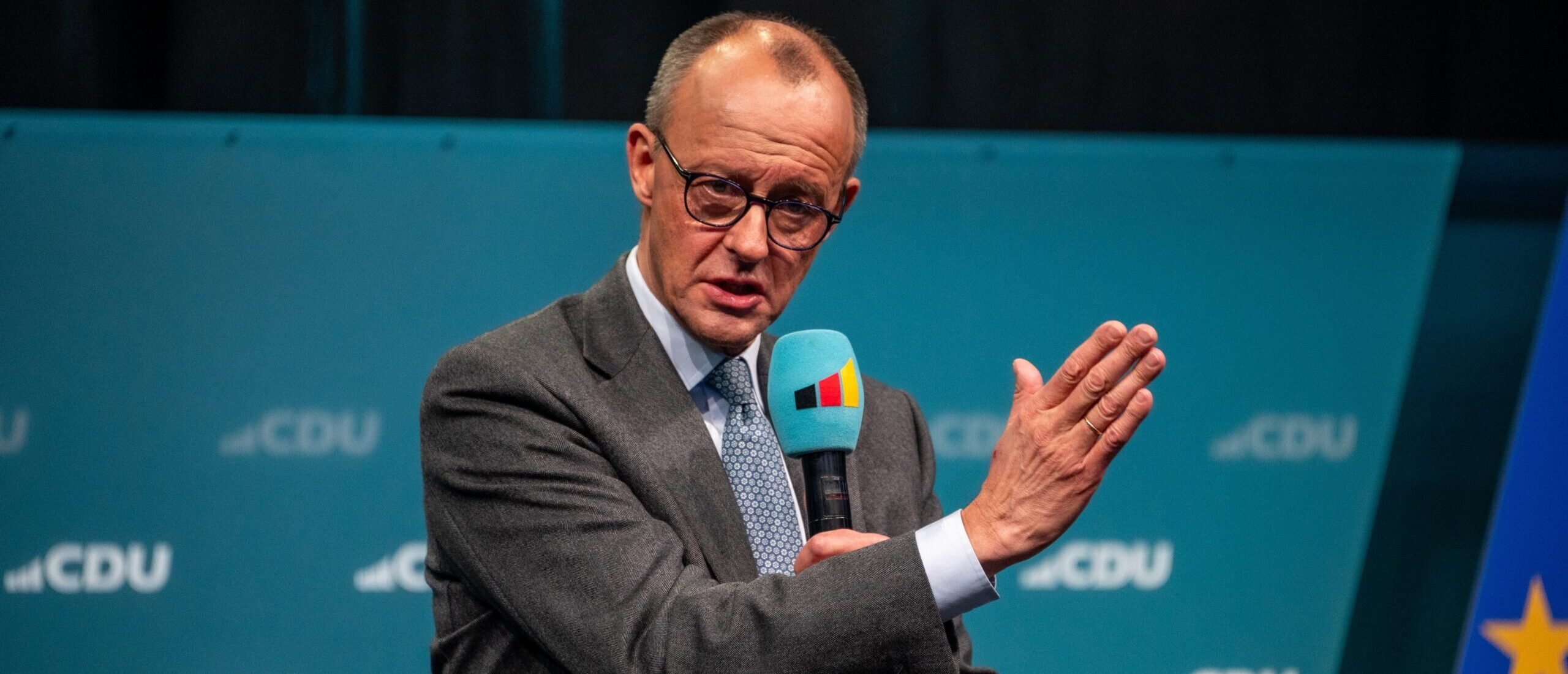
The conservative bloc of the Christian Democratic Union (CDU) and Christian Social Union (CSU), led by Friedrich Merz, emerged victorious in Germany’s snap parliamentary elections on Feb. 23, securing a plurality of 28.6 percent of the vote.
The far-right Alternative for Germany (AfD) party came second with 20.8 percent, while the center-left Social Democratic Party (SPD), led by outgoing Chancellor Olaf Scholz, ranked third with 16.4 percent, according to state broadcaster Deutsche Welle.
The pro-business Free Democratic Party and the far-left “Sahra Wagenknecht Alliance” failed to hurdle the elections’ 5 percent threshold.
Voter turnout was high, with 84 percent of eligible citizens, or 59.2 million people, heading to the polls, the highest since 1990.
CDU party head Friedrich Merz, speaking to his supporters in Berlin, said, “tonight we celebrate, and from tomorrow we start working,” BBC reports.
He emphasized the urgency of forming a new government quickly, stating that “the world will not wait for us [Germany].”
The party that wins the most votes forms a coalition, and the president then recommends the leader of that party for the chancellorship. Parliament then votes “for” or “against” the proposed candidate.
Merz, who is expected to form a coalition with the Social Democrats, hopes to have a new government in place by Easter, April 20, although he acknowledged that it would be challenging.
He has promised to revive Germany’s economy, restore its global standing, limit immigration, reduce taxes and social welfare spending, and strengthen support for Ukraine.
Merz has been a vocal advocate for Ukraine, backing its NATO membership and criticizing the outgoing chancellor for being slow in providing military support. He has called for more powerful aid, including long-range Taurus missiles.
Politico reports that Merz’s agenda also focuses on making Europe more independent from the United States. He criticized the presidential administration of Donald Trump for its overtures to negotiate with Russia “over the heads of Ukraine and Europe” and called for a stronger European Union presence on the global stage.
“Recent statements make it clear that the U.S. is relatively indifferent to Ukraine’s future,” Merz said, adding that the Trump administration is also largely blase over Europe’s fate.
The collapse of Germany’s government coalition in November, following the dismissal of Finance Minister Christian Lindner by Chancellor Scholz, left the ruling coalition without a majority in the Bundestag. The next general elections were originally scheduled for September 2025.
Cover: Shutterstock


